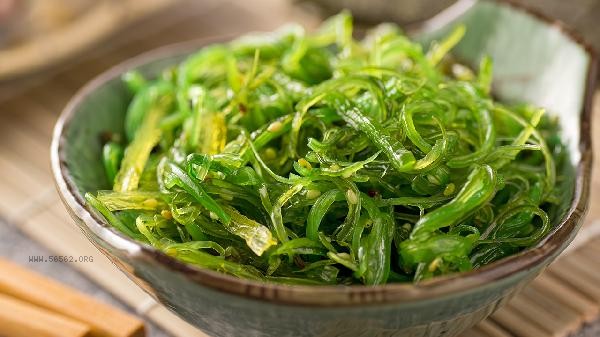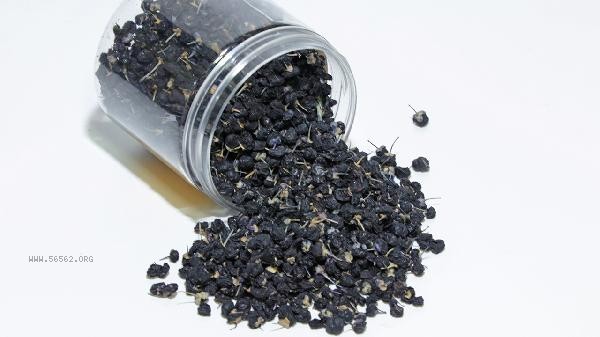Low carbon water foods mainly include spinach, broccoli, chicken breast, salmon, avocado, etc. These foods have low carbohydrate content and are suitable for people who want to control their blood sugar or lose weight. Spinach is a dark green vegetable that contains only about 3.6 grams of carbohydrates per 100 grams. Rich in vitamin K and folic acid, it helps with bone health and red blood cell production. Cold mixing or stir frying can maximize the retention of nutrients. For those with gastrointestinal sensitivity, it is recommended to blanch before consumption.

2. broccoli
broccoli is a representative of cruciferous vegetables, containing 6 grams of carbohydrates per 100 grams. Containing antioxidant substances such as sulforaphane, it is recommended to steam for no more than 5 minutes during cooking to preserve anti-cancer ingredients. Individuals with thyroid dysfunction need to control their intake.
3. Peeled chicken breast
is a high-quality protein source with a carbohydrate content close to zero. Containing all essential amino acids, suitable for muscle building individuals. It is recommended to use low-temperature slow roasting or boiling methods to avoid harmful substances produced during high-temperature frying.
4. Salmon
Deep sea fish salmon has zero carbohydrates and is rich in Omega-3 fatty acids. Eating 2-3 times a week can help improve blood lipid levels. Raw food should ensure the freshness of ingredients, and pregnant women should choose a fully heated consumption method.

5. Avocado
Avocado contains 8.5 grams of carbohydrates per 100 grams, of which 7 grams are dietary fiber. High content of monounsaturated fatty acids can increase satiety. The maturity is best when lightly pressed and elastic, and the oxidized black flesh can still be safely consumed. When choosing low-carbon water foods, it is necessary to maintain a balanced nutrition and it is recommended to pair them with vegetables and fruits of different colors. Long term strict restriction of carbohydrates may lead to nutritional deficiencies, and the daily carbohydrate intake of the general population should not be less than 130 grams. Special groups such as diabetes patients should make diet plans under the guidance of nutritionists and regularly monitor the changes in blood sugar. Pay attention to the risk of food allergies, and it is recommended to start with small doses for newly introduced ingredients.









Comments (0)
Leave a Comment
No comments yet
Be the first to share your thoughts!